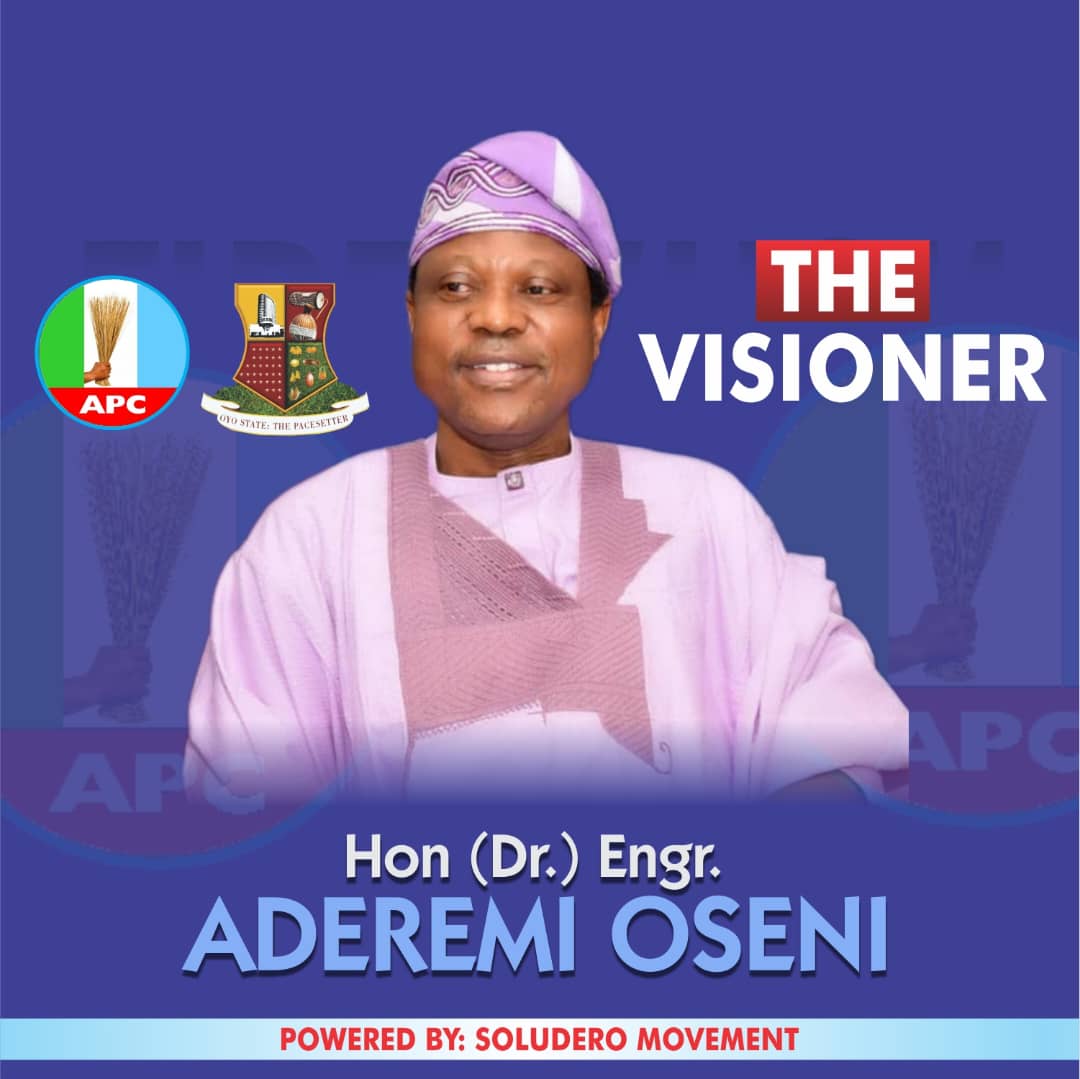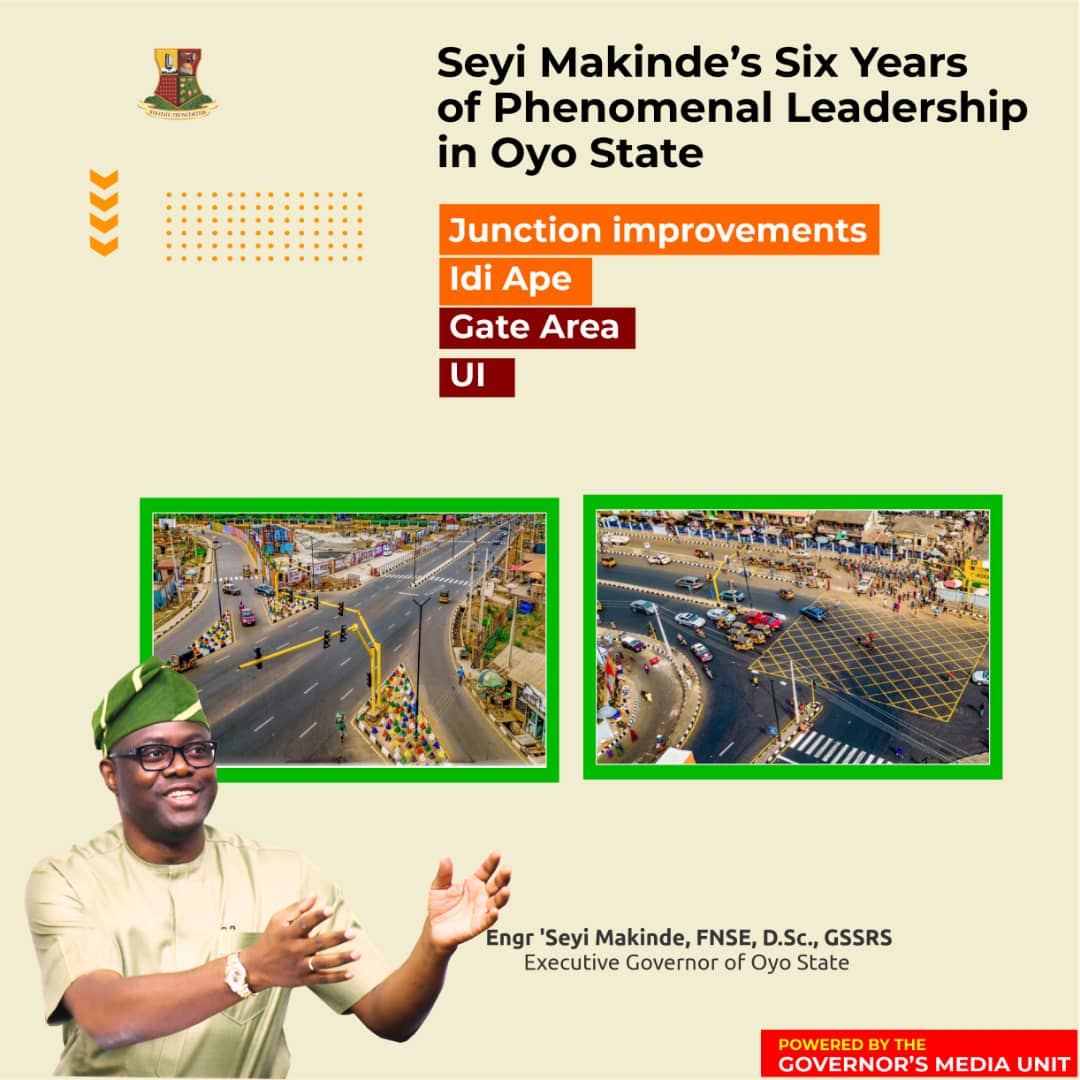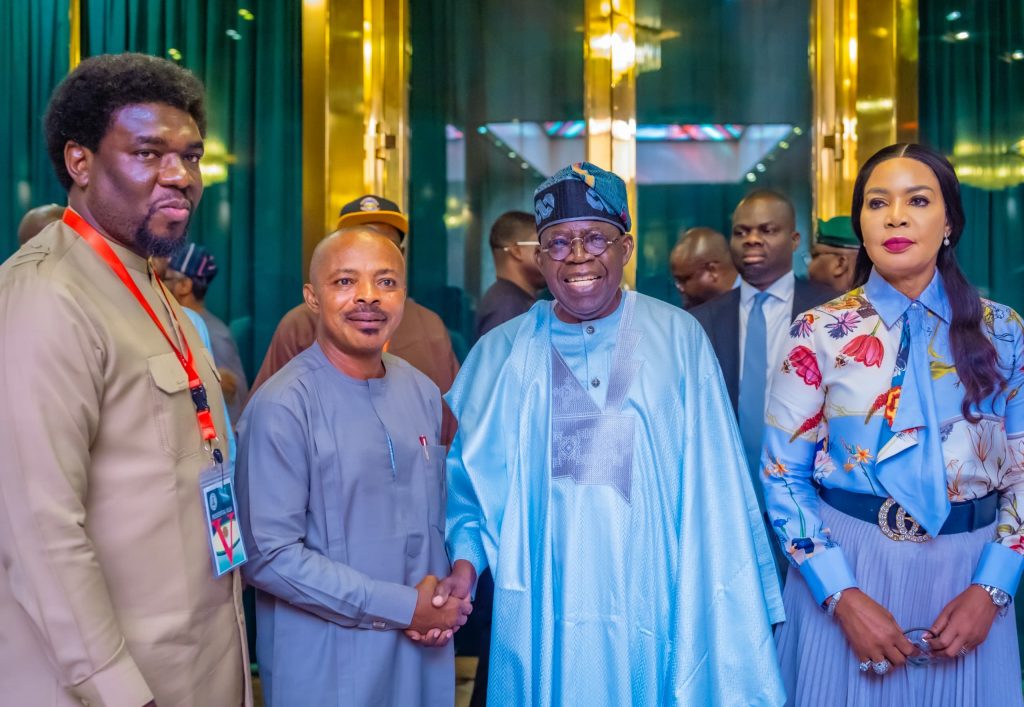•FG says minimum wage for review every three years, Labour leaders justify new salary
•President directs payment of NASU, SSANU’s withheld salaries, OPS rejects electricity tariff

The National Assembly will Tuesday get an executive bill on the new national minimum wage following an agreement between President Bola Tinubu and labour leaders on higher remuneration for workers.
On Thursday, the President and the Nigeria Labour Congress and the Trade Union Congress of Nigeria led by their presidents, Joe Ajaero and Festus Osifo, respectively, agreed on N70,000 as the new national minimum wage during their meeting at the Aso Presidential Villa, Abuja.

The wage will replace the N30,000 minimum wage that expired on April 18, 2024.
To give legal teeth to the agreement ahead of its implementation, the Special Adviser to President Bola Tinubu on Information and Strategy, Bayo Onanuga, confirmed to one of our correspondents that the lawmakers would get the executive bill on the new minimum wage by Tuesday.

He said, “The minimum wage will reach the National Assembly by Tuesday. He (President Tinubu) told labour in the meeting that it will be ready by Tuesday.”
New wage
Announcing the new wage benchmark, the President said, “I have heard all your presentations. You came here with the intention to get something on behalf of your members. If you review my track record, I have never been found wanting to ameliorate the problems of workers. I belong to the people and all of you in leadership.
“We are driving this economy together. Let us look at the tenure of review. Let us agree on that, and affirm three years. Two years is too short. We affirm three years. We will review it.
“I am going to move from the tripartite committee. I am going to edge a little bit forward, looking at the review that we have done. Yes, no one in the federal establishment should earn less than N70,000. So, we are going to benchmark at N70,000.”
The Tripartite Committee on the New National Minimum Wage set up in January had submitted two separate figures to the President following a disagreement among the stakeholders.
While the government team and the organised private sector proposed N62,000, organised labour demanded N250,000.
On receiving the committee’s report, the President asked for more time to consult the relevant stakeholders to harmonise the figures before transmitting an executive bill to the National Assembly.
Subsequently, he held meetings with the organised private sector and the sub-nationals on a nationally acceptable minimum wage.
Last week Thursday, the President met with the NLC and TUC leadership but the meeting could not reach a consensus and it was postponed by one week.
Briefing State House correspondents after the President’s session with the union leaders on Thursday, the Minister of Information and National Orientation, Mohammed Idris, described the conclusion of the meeting as “A happy day for Nigeria.”
Besides the minimum wage agreement, he disclosed that the government had also agreed to pay the withheld salaries of the Senior Staff Association of Nigerian Universities and the Non-Academic Staff Union of Universities.
The government further pledged massive investments in infrastructure and renewable energy, including the acquisition of more CNG buses to enhance the nation’s transition to cleaner energy, as well as expressing commitment to ensuring local government autonomy.
Idris noted, “Today’s a happy day for Nigeria. You’ll recall that last week we had a meeting here and the organised private sector. The sub-nationals have also held their various meetings with Mr President following the submission of the tripartite agreement to Mr President.
“Labour came last week. They had meetings with Mr President. They asked for an adjournment for a week to go and consult further. They did those consultations. They have come back today and we have met with Mr President.
“We’re happy to announce today that both the Federal Government and organised labour have agreed on an increase on the N62,000 minimum wage. The new national minimum wage that we expect Mr President to submit to the National Assembly for legislation is N70,000. But that is not all. There is also a boost, as Mr President has assured, in ensuring that massive investment is going to be made in the area of infrastructure. ‘’
Speaking further, the minister reeled out other programmes that would be implemented by the government.
“There is also a deepening of the investment of the Federal Government in renewable energy. More money is going to go into the acquisition of more CNG (Compressed Natural Gas) buses. Nigeria is going to be more CNG compliant, according to the President.
“We’re moving in this transition to renewable and all other things that Mr President has assured Labour. The issue of SSANU (Senior Staff Association of Nigerian Universities) and NASU(the Non-Academic Staff Union ) is also going to be looked at,’’ Idris announced.
He lauded the labour leaders for their patriotism, saying, “We are happy. We are very thankful for the role that organised labour has played today. They recognised the Federal Government’s role in ensuring that we have local government autonomy, in also ensuring that both organised labour and the government are on the same page today.
“They have seen the magnanimity of the President and today the leadership of Labour said they didn’t come here for negotiation, not at all. They came here in their deep sense of patriotism to ensure that Nigeria remains united, Nigeria becomes more prosperous.’’
Continuing, he added, “It is in that spirit that they agree with what the Federal Government has done today. We want to thank Labour for their patriotism. We also want to thank Mr President, the Federal Government, the sub-nationals and the organised private sector for going through this painstaking effort, by also ensuring that at the end of the day, Nigeria is the winner for it all.”
Also speaking, the Minister of State for Labour and Employment, Nkeiruka Onyejeocha, said Tinubu adopted a fatherly approach, emphasising the need for a review of the minimum wage policy every three years, rather than the current five-year cycle.
She further hinted that the President also directed the Minister of Finance and Coordinating Minister of the Economy, Wale Edun, and the Minister of Budget and Economic Planning, Abubakar Bagudu, to review the issue of SSANU and NASU payments, with a waiver to pay the outstanding amounts.
On Thursday, the two unions staged demonstrations in Abuja, demanding the immediate release of their salaries.
However, the Federal Capital Territory Police Command reportedly stopped their peaceful protest.
The minister said the President reassured Nigerians of his commitment to the country’s economic recovery and the welfare of the citizens.
President of the NLC, Ajaero, said organised labour agreed to the new national minimum wage of N70,000 because of the President’s willingness to review the wage every three years, rather than the usual five-year cycle.
Labour explains stand
While acknowledging the economic situation, Ajaero expressed mixed feelings about the agreement but noted that the NLC would take the proposal back to its members for further discussion and buy-in.
He said, “Well, we were here last week and we’re here now, what they have announced in terms of the amount of N70,000 happened to be where we are now for now, but the good thing about it is that we will not wait for another five years to come and review.
“Rather than settling on a figure that we would wait for five years, it’s like we’ll have to now negotiate even two times within five years, to go up. That is one of the reasons why we decided to reach where we are today because of the proviso that we can review in the next three years.
“We came with other issues in the basket, like the issue of SSANU, NASU and others, especially with the affront by the Commissioner of Police of FCT. We brought it to Mr President and talked about the need for that matter to be addressed magnanimously. He asked the agencies concerned to work out the modalities for the payment of those workers in the universities.’’
“So far, that’s where we are. Although he promised some incentives like the CNG, which will lessen the burden that the Nigerian workers are passing through, you can see that we are taking this with mixed feelings because of the situation of the economy, we will have to move ahead despite the situation and the negotiation can linger. Coming from 62 to 70 and then with the promise that we’ll come back soon to negotiate it. We’re taking it back to our constituency to see how we can get a buy-in. So that’s what has transpired this afternoon,” he explained.
The TUC President, Osifo, expressed satisfaction with Tinubu’s intervention, especially with the proviso for a review of the agreement every three years.
He also commended the President’s promise to address the issues of SSANU and NASU and emphasised the need for swift passage of the minimum wage bill by the National Assembly.
He advised that the student loan scheme be targeted at those who need it most, not just the children of the rich.
Reacting to the new minimum wage announcement, the Organised Private Sector of Nigeria commended the President for ending the protracted national minimum wage negotiations.
The OPSN comprises the Nigeria Employers’ Consultative Association; Manufacturers’ Association of Nigeria; National Association of Chambers of Commerce, Industry, Mines and Agriculture; Nigeria Association of Small and Medium Enterprises and the Nigerian Association of Small Scale Industrialists.
“While we commend the President for putting to rest the immediate issue of the National Minimum Wage, we also note, most importantly, his commitment to support the sub-nationals and the organised private sector to pay the new wage,’’ the Director-General of NECA, Mr Adewale-Smatt Oyerinde, stated.
While noting that consultation was ongoing within the OPS, the NECA Director-General explained that the minimum wage agreement was premised on the understanding that the government would take definite steps to reduce the current economic burden on the private sector, including the reversal of the electricity tariff hike, among other supports.
He said, “During the consultations at the National Minimum Wage Committee, the Organized Private Sector strongly expressed concern about its ability to pay the N62,000 recommended by the Tripartite Committee.

